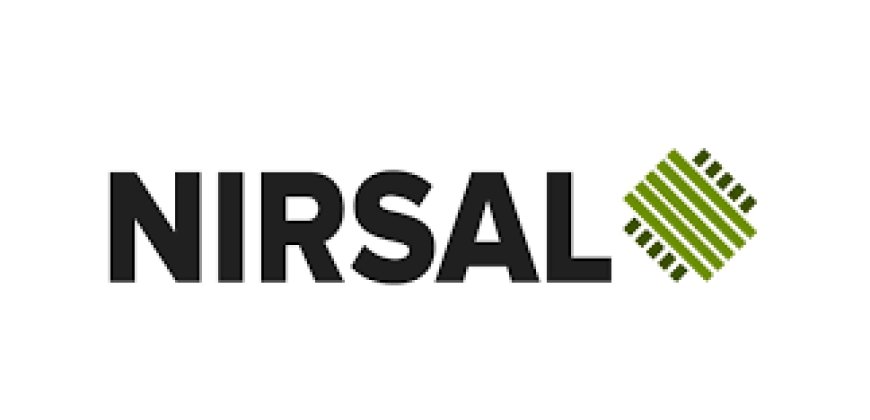NIRSAL facilitates N70bn commercial credit for agribusiness

The Nigeria Incentive-Based Risk Sharing System for Agricultural Lending has announced a significant milestone, facilitating over N70bn in commercial financing for agribusiness as of the third quarter of 2025.
In a statement on Wednesday, NIRSAL said that the achievement marked its strongest annual performance since its inception and represents a crucial turnaround for agricultural financing in Nigeria.
NIRSAL Plc is a non-bank financial institution established in 2013 to transform Nigeria’s agriculture sector to unlock affordable, structured finance for agribusinesses across the value chain. It is the result of a collaboration between the Central Bank of Nigeria, the Federal Ministry of Agriculture and Food Security, and the Bankers’ Committee.
The substantial capital injection comes at a critical time for the sector. Bank lending to agriculture had been on a steady decline, plummeting from 6.18 per cent of aggregate lending in 2022 to 4.82 per cent in 2024. This trend was mirrored by a slowdown in sectoral growth, which fell from 2.5 per cent to 1.7 per cent within the same period. NIRSAL’s intervention has effectively reversed this decline, with agriculture’s share of bank lending now rising again to 5.33 per cent as of May 2025.
It was also revealed that over 32 per cent of the facilitated sum directly supported value-added commodity export.
Speaking on this achievement, NIRSAL’s Managing Director/Chief Executive Officer, Sa’ad Hamidu, underscored the significance of the funds.
He said, “N70bn may appear modest compared to the size of Nigeria’s agricultural financing needs, but the significance is profound. It proves that agriculture can be commercially and sustainably financed. With the right blend of capital, technical support, and risk mitigation, the sector can become more productive, resilient, and globally competitive.”He also expressed optimism about hitting NIRSAL’s ambitious annual target, saying, “This is not yet the peak of the harvest season when merchants typically seek credit for offtake and storage, and when super agro-dealers stock up on fertilisers and inputs ahead of the next planting cycle. Therefore, the opportunities still to come give us every reason for optimism. We are confident of hitting our N150bn target for 2025.”
This organisation said that this record achievement, which constitutes nearly a quarter of NIRSAL’s cumulative N270bn facilitated to date, was driven by the revamped strategy initiated by its new Board and Executive Management.
NISRAL said that through the deployment of tools for value chain modelling, providing targeted technical support to agribusinesses and financial institutions, and activating robust risk-sharing frameworks, it has successfully restored lender confidence. This has channelled fresh funds into critical value chains, including grains, cocoa, shea, and livestock.
Beyond the impressive headline figures, NIRSAL’s initiatives are reshaping the entire lending landscape for agriculture.
It was also revealed that NIRSAL built the capacity of bankers to achieve this record, with the bank saying, “Through targeted training sessions for over 1,100 staff of banks, NIRSAL has deepened understanding of agricultural financing within its risk-sharing framework, leading to an increase in loan request approvals.
“Similar training programmes for agricultural value chain actors, including 450 participants trained on feedlot management, commodity export, and climate finance so far, will become increasingly evident over time, as capacity and confidence grow across these sub-sectors.”
The bank added that it would be developing a digital network called the NIRSAL LandBank Portal, which would be an ecosystem consisting of agricultural stakeholders, from research and development to markets, to provide data-driven insights for investors, policymakers, and development partners for the identification of opportunities, risk reduction, and informed decision-making.“The LandBank portal would become an additional channel for project development, with climate finance another potential source of funding. NIRSAL continues to deepen its interest in and collaboration around climate finance, recently signing an understanding with the Rural Electrification Agency to provide off-grid power to production and processing clusters in rural locations. These efforts, the institution believes, will build resilience into the agricultural value chain and aid Nigeria’s push toward a $1tn economy,” the statement concluded.









